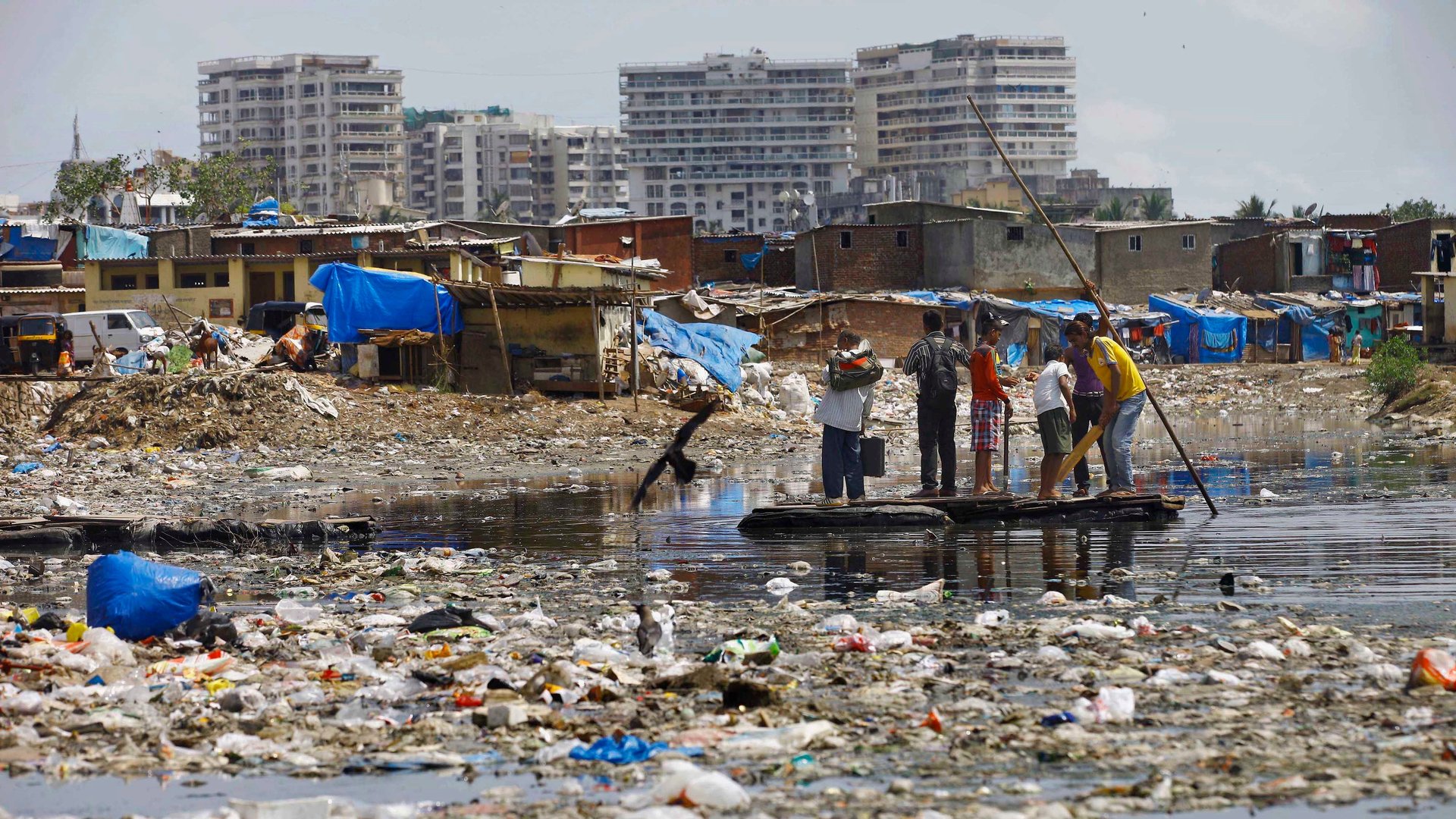India cut pollution by not letting the polluters pay to be audited
It seems a simple enough idea: If you want to deter companies from bad behavior, don’t let them pay the people who are supposed to be checking for bad behavior. Yet that is how it often works. Banks paid rating agencies to rate the creditworthiness of their mortgage-backed securities—we know how well that worked out—while industrial polluters pay the bills of the auditor who measures their greenhouse gas emissions and reports the results to government regulators.


It seems a simple enough idea: If you want to deter companies from bad behavior, don’t let them pay the people who are supposed to be checking for bad behavior. Yet that is how it often works. Banks paid rating agencies to rate the creditworthiness of their mortgage-backed securities—we know how well that worked out—while industrial polluters pay the bills of the auditor who measures their greenhouse gas emissions and reports the results to government regulators.
But what if you sever the cash connection between the regulated and their overseers? Now thanks to a first-of-its kind study published today, we know that in India at least, pollution falls dramatically (paywall) when the auditors assigned to measure industrial emissions are paid independently and their fees are linked to the accuracy of their reports. (Here is a free earlier version of the study.)
Researchers from the Massachusetts Institute of Technology and Harvard University conducted a two-year experiment in the Indian state of Gujarat, a heavily polluted region home to hundreds of industrial facilities. Despite an aggressive government regulator, the Gujarat Pollution Control Board, auditors hired by companies consistently underreported water and air pollution, allowing them to avoid heavy fines or the need to install pollution control equipment. In fact, companies typically paid auditing firms less than the cost of measuring air and water pollution, all but forcing the auditors to cut corners to eke out a profit.
Working with the pollution control board, the researchers flipped that system on its head. Targeting 473 industrial plants, they randomly assigned auditors to 233 of them between 2009 and 2011. Those auditors were paid from independent funds at a rate that covered the cost of collecting pollution readings while allowing their firms to earn a decent profit.
The researchers then let the auditors know that technical experts would randomly visit some of the plants for unannounced follow-up inspections to verify their reports. At the beginning of the second year of the project, the researchers told the auditors that their pay would be tied to their reports’ accuracy. As a control, 244 companies were allowed to hire their own auditors, as they had under the old system.
The results? The researchers found that independently paid auditors were 80% less likely to file false reports of pollution readings. However, 29% of the reports submitted to auditors from the control group falsely reported that emissions met regulatory standards. The data revealed that 59% of those industrial facilities were in violation of environmental laws but because of the false reports only 7% were penalized.
Most importantly, emissions from plants monitored by independent auditors fell significantly. Those facilities “reduced emissions, presumably because they understood that the regulatory authority would receive more reliable audit reports,” the authors wrote.
One of the study’s co-authors, Nicholas Ryan from Harvard, told Quartz that the pollution control board is now implementing reforms to adopt the study’s system of assigned auditors, a standard pay rate and random checks of pollution reports. “The main lesson is to design the market to prevent competition among auditors from lowering standards,” he said in an email. “If feasible, do not let firms hire their own auditors, which creates an incentive for leniency, but assign the auditors instead.”
This advice is probably less relevant to US environmental authorities, Ryan notes. Emissions in the US are often measured by automated equipment, making it much harder to game the system. Financial regulators, however, might want to take note.